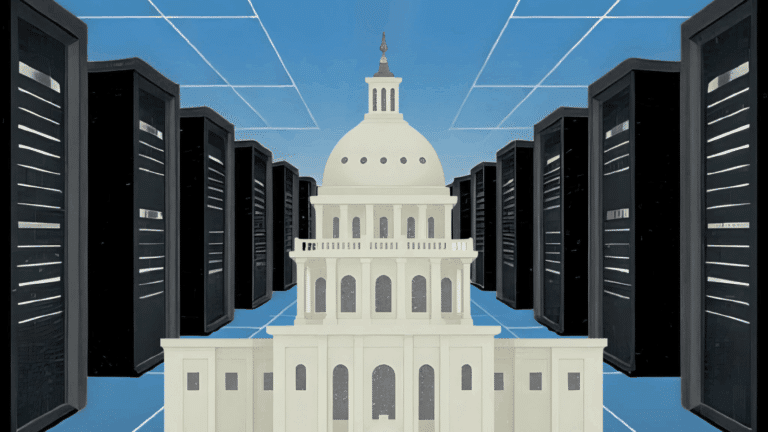This website uses cookies as well as similar tools and technologies to understand visitors’ experiences. By continuing to use this website, you consent to Columbia University’s usage of cookies and similar technologies, in accordance with the Columbia University Website Cookie Notice.
Peak Oil and the Brazilian Pre-salt (Rio de Janeiro)
Past Event
May 25, 2018
3:00 pm - 5:30 pm
In this roundtable disscussion, we will address oil peak demand and its impacts on the Brazilian pre-salt. The intention is to debate on how elements of this transition affect the oil sector competitiveness. Given the current context of growing world oil supply at the expense of increased oil price volatility, how will oil prices behave on a flat demand scenario? How does the Brazilian oil sector, especially the one driven by exploration and production on the pre-salt region, fit into this context? Is there a way to diminish the impacts? These are some of the questions this debate will address.
PROGRAM
Opening Remarks
José Firmo, President of the Brazilian Petroleum, Gas and Biofuels Institute
Speakers
Moderator: Heloisa Borges, Deputy Manager of Licensing Rounds (ANP)
Antoine Halff, Director of the Global Oil Program at the Center on Global Energy Policy, Columbia University
Helder Queiroz, Professor and a Research Economist with the Energy Economics Group, Institute of Economics, Federal University of Rio de Janeiro
Lavínia Hollanda, Senior Energy Consultant and Advisor, founder and managing director of Escopo Energia
>> The discussion will be in English and simultaneous translation won’t be provided
More Events
Rapid Response: Venezuela — What Happens Next?
The recent military operation to remove Venezuelan President Nicolás Maduro and First Lady Cilia Flores raises several implications for the future of Venezuela and Latin America, geopolitics, and energy markets. Cosponsored by SIPA’s Institute of Global Politics (IGP) and Center for Global Energy Policy (CGEP), along with Columbia’s Institute of Latin American Studies (ILAS), this webinar will analyze the circumstances and impact of their capture and extradition to New York to face narcoterrorism and drug trafficking charges.

Rapid Response: The EU’s Carbon Border Adjustment Mechanism
On January 1, 2026, the European Union's highly-anticipated Carbon Border Adjustment Mechanism (CBAM) will take effect. Introduced in 2023, CBAM will require the importers of certain carbon-intensive goods...

Global Perspectives on the Carbon Markets
Center on Global Energy Policy (CGEP) at Columbia SIPA, the Columbia Global Center in Rio, and Insper are proud to host a high-level discussion on the future of...
Vila Olímpia, São Paulo
Brazil

Rapid Response: Unpacking Recent Sanctions on Russian Oil
On October 22, the United States Department of the Treasury announced the imposition of sanctions on Russia’s two largest oil companies, Rosneft and Lukoil, as a penalty for what it characterized as a lack of Russian commitment to ending the war in Ukraine.

Relevant
Publications
Data Centers and Their Energy Use: Trends in State Capitals
From the east to west and north to south, in red states and blue states, attention to data centers is skyrocketing in state capitals across the United States.

Is a Libyan Oil Revival Underway?
Libya's bid round for new oil and gas exploration and production highlights its potential revival as a major oil producer.

Carbon Competitiveness: Industry Steps Up as Global Priorities Shift
Economic, political, and fiscal realities have shifted energy policy priorities across the globe toward the goals of affordability and competitiveness.



